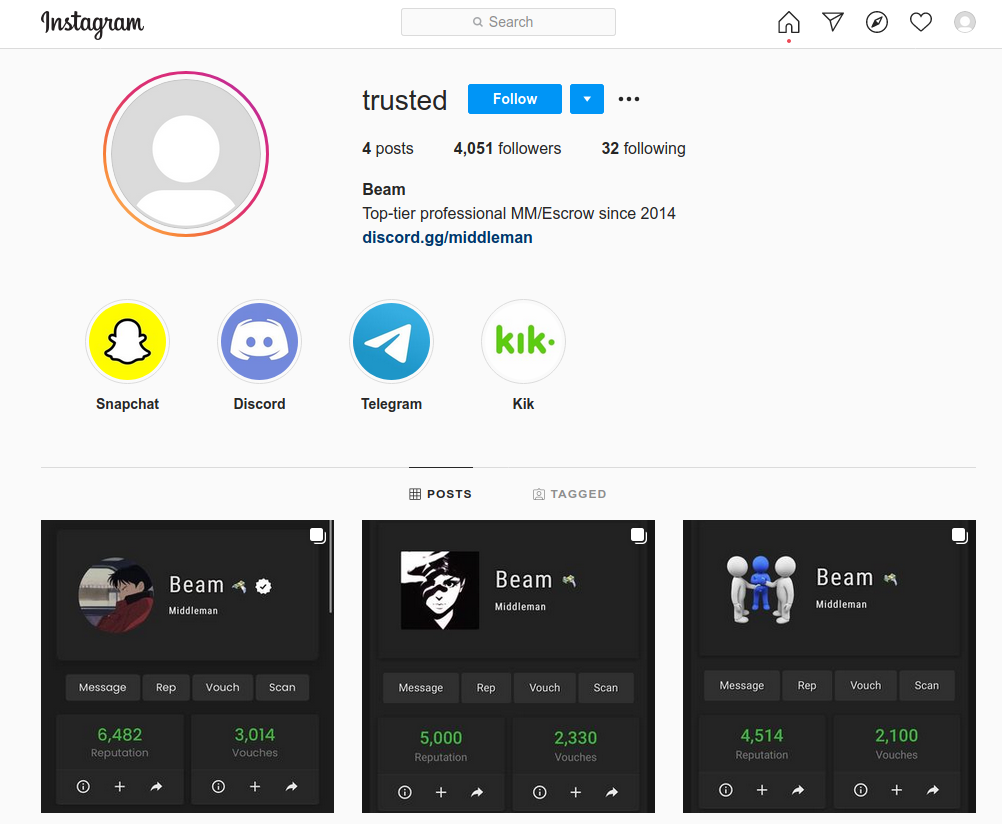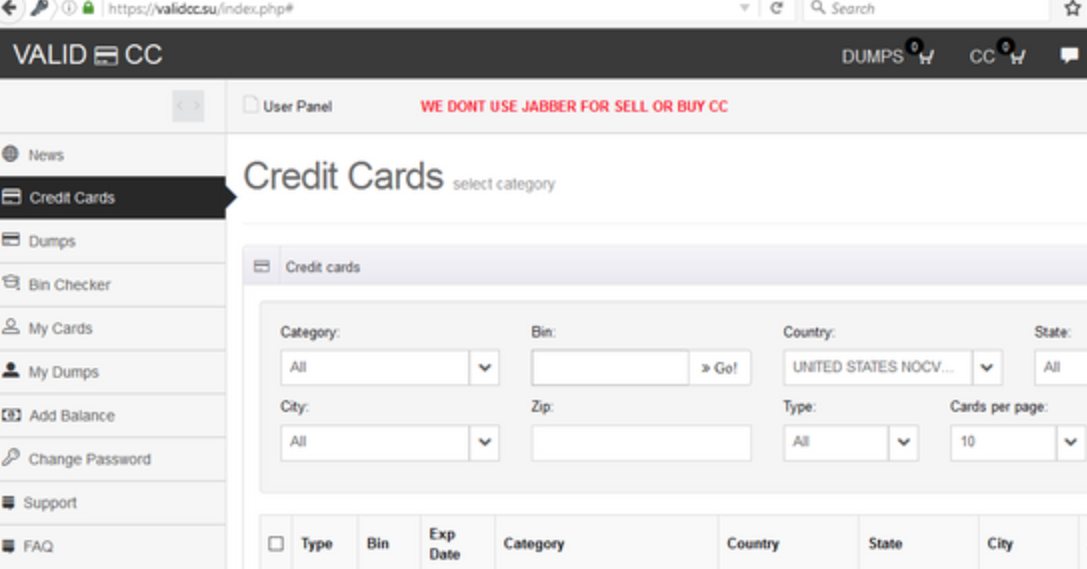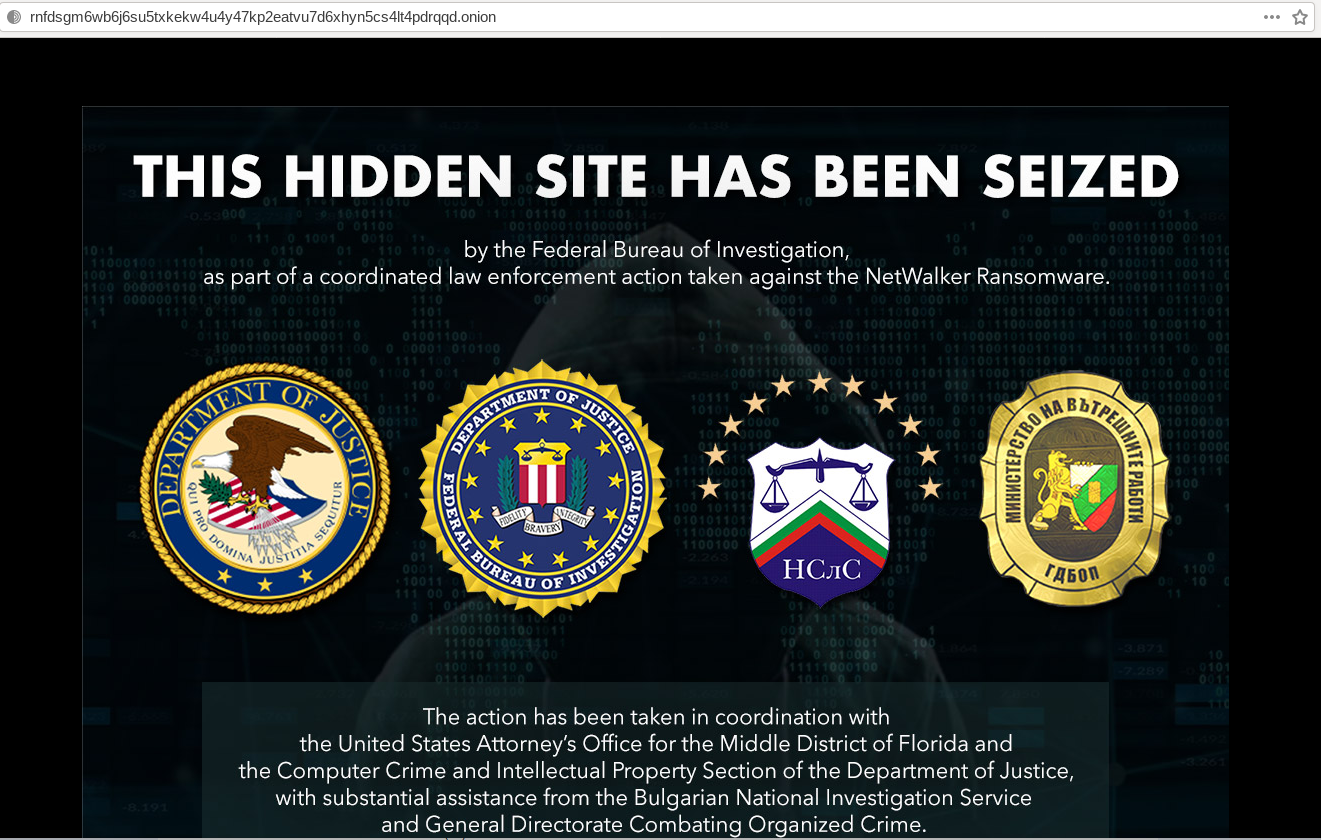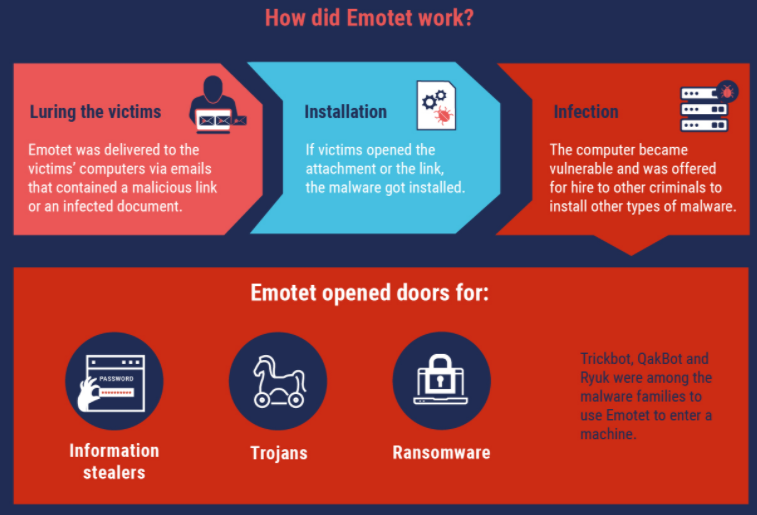Arrest, Raids Tied to ‘U-Admin’ Phishing Kit
Cyber cops in Ukraine carried out an arrest and several raids last week in connection with the author of a U-Admin, a software package used to administer what’s being called “one of the world’s largest phishing services.” The operation was carried out in coordination with the FBI and authorities in Australia, which was particularly hard hit by phishing scams perpetrated by U-Admin customers.












